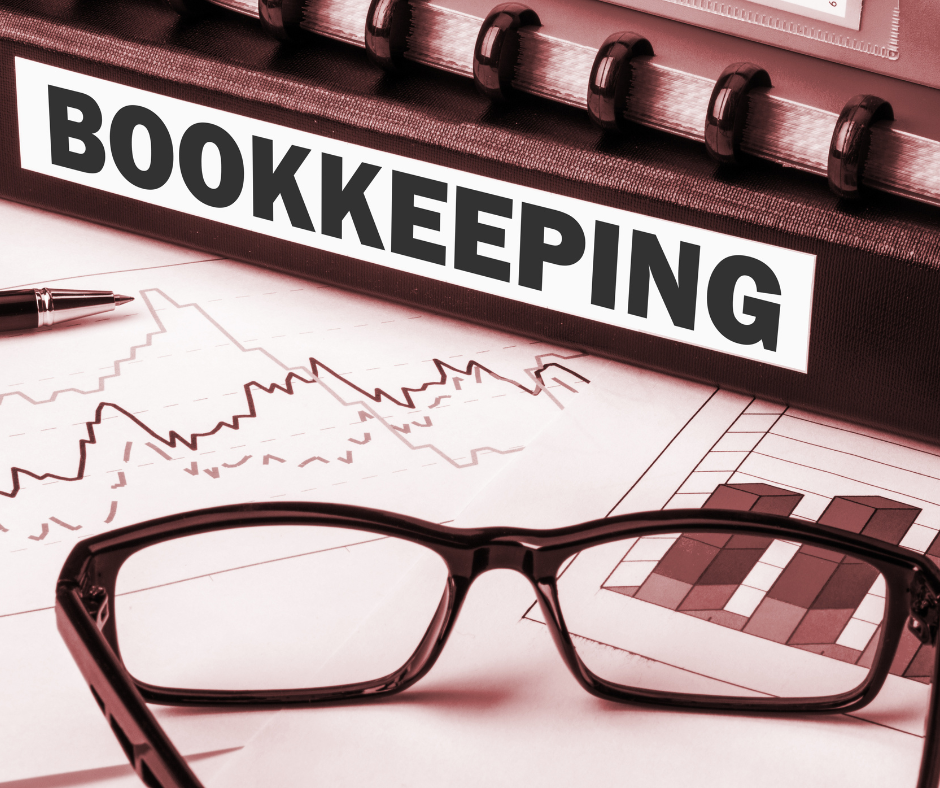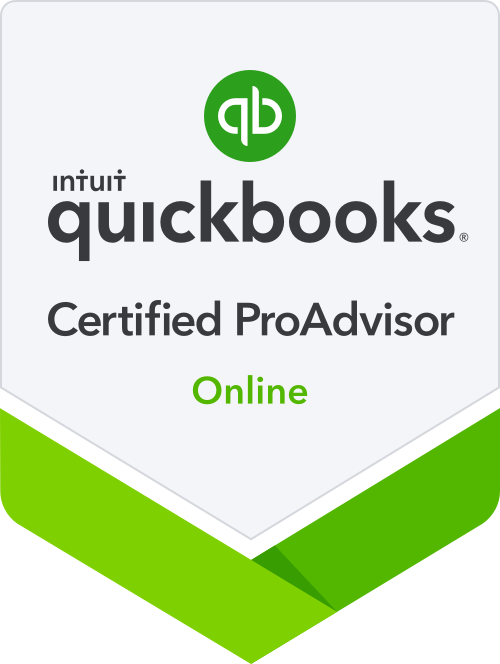Preparing Your Books for Year-End
As the holidays roll around, your focus most likely isn’t on the financial health of your business. Instead, you are directing your attention to enjoying time with your family and friends, which is exactly the way it should be.
However, after January 1st passes, you should re-direct your focus to preparing your books for year-end. Catching up on reconciliations, checking over reports, and creating financial statements are three ways to start preparing your books for year-end.

Catch Up on Reconciliations
The first step in preparing your books for year-end is to catch up on reconciliations. Ideally, you are reconciling all bank and credit card accounts on a monthly basis, but this doesn’t always happen for busy business owners. Reconciling your accounts is essential to ensure completeness in your transactions. Hoping everything imports correctly from your bank account opens the door to an increased risk of error.
In addition to ensuring completeness, reconciliations also give your business the ability to see past due amounts and items that never cleared the bank. Your accounting records are composed of manual and automatic transactions from your bank, meaning you could have entered and sent a check that never actually cleared. Seeing these items allows you to clean up your records.
Check Over Reports
After your reconciliations are complete, you can begin drafting financial reports and make year-end adjustments. The first report you want to analyze is the accounts receivable aging report, which highlights which customers still owe you money. Are all of these amounts still outstanding? Are there any amounts you aren’t expecting to collect? Uncollectible amounts should be recorded as bad debt.
Next, you should check over the accounts payable aging report, which shows the amounts that your business owes. Every payable should be current, meaning you aren’t past due on payments. If you see an amount past 90 days, follow up with the vendor to determine the status and if you need to reissue a check. The other reports that will be helpful when it comes to preparing your books for year-end will be based on the industry you operate in.
Create Financial Statements
After all of your transactions are entered and you have reviewed key reports, it’s time to draft your financial statements. Keep in mind that the financial statements you create from your accounting software most likely need year-end accounting entries, especially if you operate on an accrual basis of accounting.
The income statement and balance sheet will be used to file your tax returns, making the line items on these two reports a priority. The bank reconciliation process should have correctly categorized each transaction; however, skim through the general ledger just to be sure. Other adjustments including depreciation, interest expense, bad debt, prepaids, and accruals may be needed.
Summary
Preparing your books shortly after year-end should be a top priority for all business owners as the business tax return filing date is March 15th. Tackling your books yourself can be overwhelming, especially if adjusting entries are needed, which is why many business owners turn to the experts at Gordian Financial.
Reach out to a team member today to go over the year-end services that can help your business.











